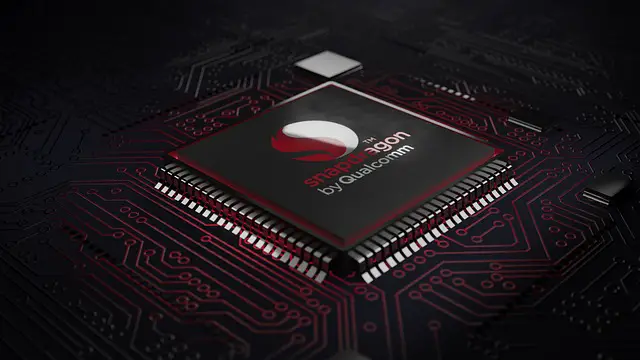
Earlier reports suggested that Qualcomm, a major chip design company, has shown significant interest in Intel’s chip design division and may be considering an acquisition of Intel’s PC processor design department. This news has sparked widespread discussion within the industry, as Intel remains one of the world’s leading chip manufacturers, particularly dominating the PC processor market.
Recently, The Wall Street Journal released new information, citing unnamed sources, indicating that the leading mobile processor manufacturer has submitted a non-binding acquisition offer to Intel. Qualcomm’s non-binding offer to acquire Intel may, however, face intense antitrust scrutiny.
It is important to note that the specific details of the acquisition offer remain unclear, so it is uncertain whether Qualcomm intends to acquire only part of Intel’s chip design division, as previously rumored, or the entire company.
The notion of Qualcomm acquiring all of Intel may seem far-fetched, yet rumors persist. However, despite Qualcomm’s profitability, the company still pales in comparison to Intel in terms of scale.
Well-known analyst Ming-Chi Kuo has stated that Qualcomm’s acquisition of Intel would likely benefit only its AI PC chip business. Moreover, with Intel’s current market value still at $93 billion, such an acquisition would place immense financial strain on Qualcomm.
The larger issue lies in the fact that both Qualcomm and Intel are leading chip manufacturers/designers in the industry. Any attempt by Qualcomm to acquire Intel would undoubtedly trigger strong opposition from regulatory authorities in major global markets, subjecting Qualcomm to unprecedented antitrust scrutiny.
From an antitrust perspective, it is highly unlikely that Qualcomm’s acquisition of Intel would gain approval from major market regulators, given the profound impact it would have on the market. Ultimately, Qualcomm’s acquisition attempt could very well end in failure.
Related Posts:
- Qualcomm mobile processors are vulnerable to the CPU holes, the patch will come soon
- The EU unease about Broadcom attempts to buy Qualcomm: Privacy data may be leaked
- AMD issued the second patch to fix “Division by zero” vulnerability in AMD Zen 1